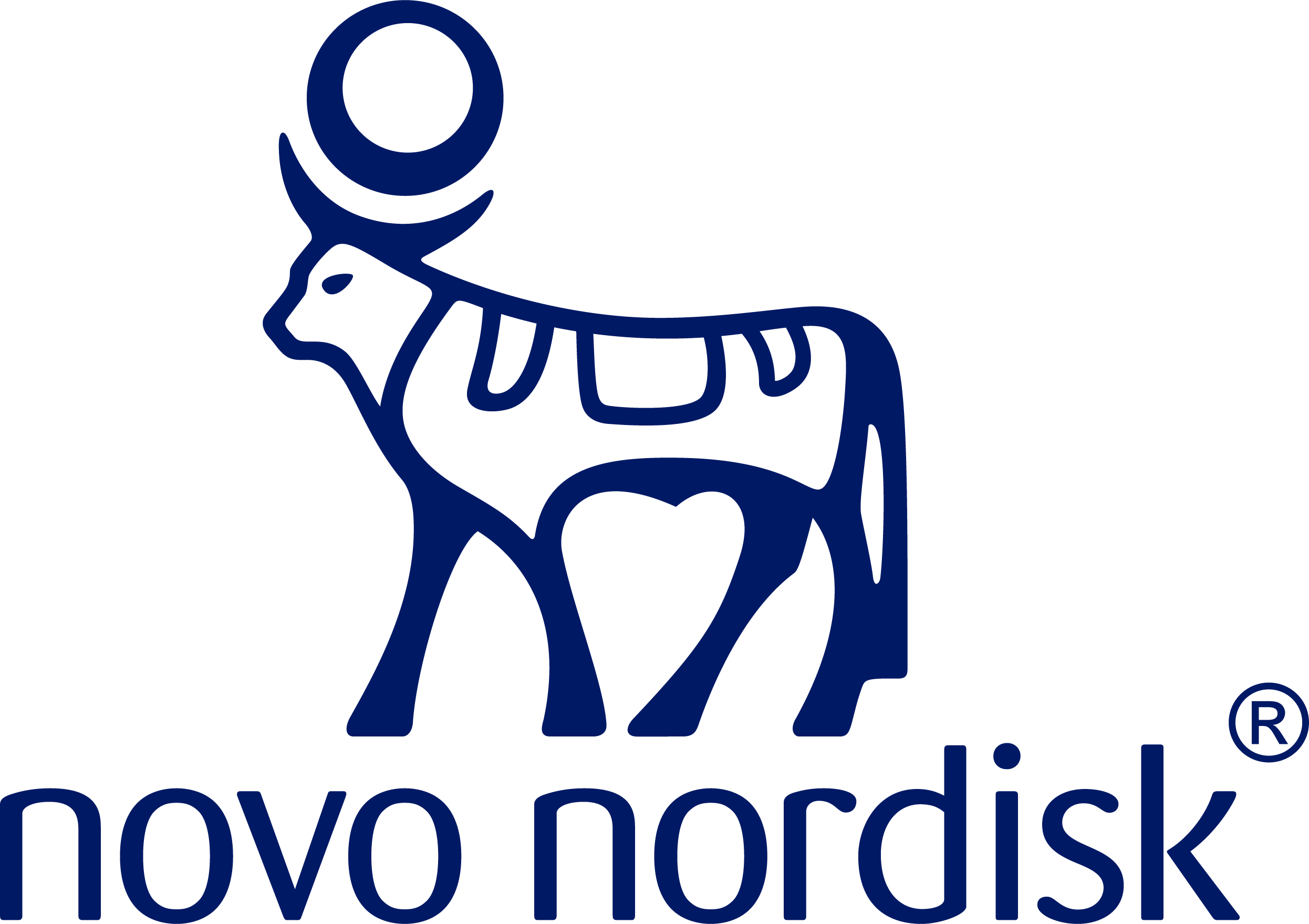Your leadership makes a difference
Supporting your patients to achieve a weight loss of ≥5% can have a clinically meaningful impact.1
Health care professionals play a critical role in patient engagement
Adult patients with obesity lost more weight with HCP counseling than with a self-directed program2*
*A randomized, controlled trial involving 415 patients with obesity with at least one cardiovascular risk factor evaluated the effects of two behavioral weight-loss interventions over 24 months. The study found that patients receiving either remote support (5.0% weight loss) or in-person support (5.2% weight loss) achieved significantly greater weight loss compared with those in a self-directed program (1.1% weight loss).2

*A randomized, controlled trial involving 415 patients with obesity with at least one cardiovascular risk factor evaluated the effects of two behavioral weight-loss interventions over 24 months. The study found that patients receiving either remote support (5.0% weight loss) or in-person support (5.2% weight loss) achieved significantly greater weight loss compared with those in a self-directed program (1.1% weight loss).2
Receipt of HCP counseling by sex, age, race/ethnicity, and weight status (N=13,158)3†

†This study was a cross-sectional analysis of four cycles of the National Health and Nutrition Examination Survey (NHANES) data from 2011-2018. Of the 39,156 respondents, 13,158 were eligible based on the inclusion criteria and were included in the analysis for the present study. The analytical sample included respondents aged 18 years or older with a BMI ≥ 25 who reported seeing a healthcare provider at least once in the 12 months prior to data collection (excluding hospital stays, emergency room visits, home visits, and telephone calls). The average age for respondents was 49.8 years; 53.1% were women, 45% were overweight, and 55% had obesity.3
BMI, body mass index; HCP, health care professional; PA, physical activity.
Patient efforts improved after weight-loss discussions with their HCPs
In one study, patients were4‡:

‡Results from surveys and audio-recorded preventative health care and chronic care visits between 25 female patients with overweight or obesity and their HCPs. The study recorded their conversations for quantity and quality of weight-related discussions to assess the correlation between HCP weight-loss discussions and patient motivation to lose weight, change their diet, or change their lifestyle patterns.4

INITIATING A PLAN
The role of pharmacotherapy in managing obesity

OBESITY TREATMENT MODULES
Obesity treatment modules for weight management
References:
1. Ryan DH, Yockey SR. Weight loss and improvement in comorbidity: differences at 5%, 10%, 15%, and over. Curr Obes Rep. 2017;6(2):187-194.
2. Appel LJ, Clark JM, Yeh JC, et al. Comparative effectiveness of weight-loss interventions in clinical practice. N Engl J Med. 2011;365(21):1959-1968.
3. Greaney ML, Cohen SA, Xu F, Ward-Ritacco CL, Riebe D. Healthcare provider counselling for weight management behaviours among adults with overweight or obesity: a cross-sectional analysis of National Health and Nutrition Examination Survey, 2011-2018. BMJ Open. 2020;10(11):e039295.
4. Pollak KI, Ostbye T, Alexander SC, et al. Empathy goes a long way in weight loss discussions. J Fam Pract. 2007;56(12):1031-1036.


